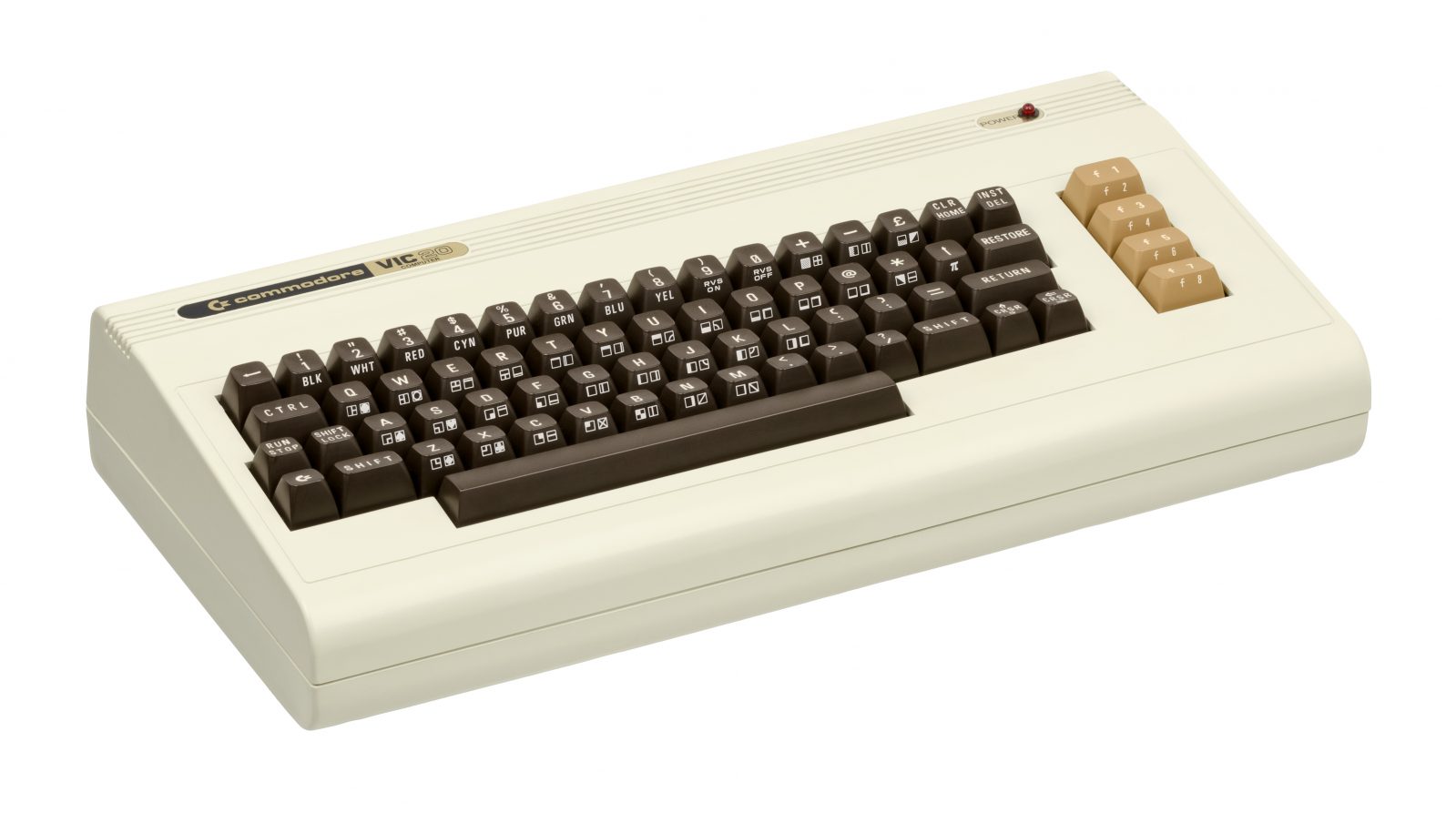I vividly remember the day I got my first computer, the Commodore VIC 20, a remarkable 35 years ago when I was just a curious 15-year-old. Computers were considered expensive hobbyist gadgets back then, and the home computer industry was still in its infancy. Nevertheless, I enthusiastically delved into programming with enthusiasm, mastering BASIC and crafting simple games for my friends. My passion for computing grew, leading me to upgrade to the Commodore 64 a year later.
During my final year of high school, I established the area's first computer club, thanks to a local business person’s generous donation of two used Apple IIs. After completing my A-levels, I pursued my dream of studying computer science and electrical engineering at university.
I was thrilled when Drew University introduced a program providing every incoming first-year student with an IBM PC equipped with WordPerfect running on DOS 3.3. My time at Drew exposed me to Pascal programming and one of the most enjoyable projects involved crafting a basic text editor with a built-in spell checker. Fond memories!
My journey continued through engineering school, where I honed my microcontroller programming skills. In graduate school, UNIX became my new playground and an important part of my first job, programming microcontrollers with video compression algorithms. These experiences paved the way for technology consulting and web development, ultimately leading me to my current information systems security consulting role. In this capacity, I play a crucial role in ensuring that organisations safeguard their information, making it accessible only to authorised personnel.
The significance of computers in my life cannot be overstated. They underpin every aspect of modern life, with cars, planes, food distribution systems, and the medical industry all relying heavily on these technological wonders. Personally, computers have been instrumental in managing my Type 1 diabetes. My medical needs are efficiently addressed thanks to computer-powered insulin pumps, continuous glucose monitoring, and glucose meters, sparing me from archaic "boiling urine" methods and affording better health outcomes.
Reflecting on my life without computers is an exercise in disbelief. It's hard to fathom a world devoid of these ingenious machines that have empowered me and countless others. The impact goes beyond my career; it touches every facet of my existence. From the advanced insulin that keeps me alive to the precision eye surgery I underwent, computers have been at the heart of significant medical advancements.
Some may argue that we survived without computers in the past. While that's true, we shouldn't overlook the immense progress and improved quality of life that computers have brought. They have enabled us to thrive unprecedentedly, making the seemingly impossible a reality. So, when some claim that computers hinder relationships and communication, I firmly disagree. Such matters are in our hands; computers are merely tools, and we decide how to use them.
In response to the writing prompt, "Your life without a computer: what does it look like?", I can't help but feel grateful for the life I've built, a life made possible by the extraordinary capabilities of computers. Without them, my journey would have been drastically different, and I shudder to think of a world without the opportunities they have provided.



